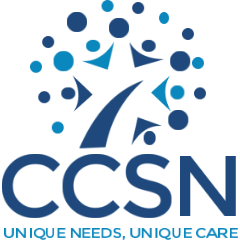
Transitioning from school to adulthood can be an exciting and challenging time for students with special needs and their families. Frequent questions include:
- What steps should we be taking to prepare for transition?
- What supports are available after my child graduates?
- How will we help our student prepare for and find employment?
- Is college right for my child? What post-secondary education or training options should we be exploring?
- Will my child be able to live independently?
- How will my student access and navigate the community after graduation?
Transition Assessments
Assessing skills and areas of challenge is an important first step in creating a transition plan. A Transition Assessment may help you, your student, and your team navigate this journey.
Transition assessment components should include evaluating student performance in the areas of education, employment, independent living, and community access. Assessment results are then used to create a Transition Plan in which instructional goals and objectives and selected interventions are matched to the student’s abilities and long-term plans. The process of developing an individualized plan and then implementing it can be a daunting task, however consultation with a transition specialist can help families manage this undertaking by providing information regarding resources and strategies that are best suited to the student.
Parent Tips for the Transition Process
Families can, and should, start as early as possible to prepare their student for adulthood. Some examples of early preparation include:
- Providing instruction and then opportunities to complete chores around the house, especially those that they will need to live independently such as simple meal preparation, laundry, basic cleaning, etc.
- Discuss transportation. If your child will be a driver, encourage him/her to acquire their learner’s permit. If you are not sure if your student is capable of driving, consider a driving evaluation.
- You can find out more about the Easter Seals program here
- Encourage your student to manage their schedule by having them make, track, and keep important appointments
- Explore options for volunteer work which provides students with exposure to jobs in a “low risk” manner and helps them develop important skills necessary to be a “good employee”
Launching your young adult and helping him/her achieve a more independent life is possible with a carefully crafted plan and supports. Transition assessment and Consultation can help you accomplish this life milestone and give you and your child the confidence to tackle this next exciting stage of life!
To learn more about CCSN’s Transition Services, see our website or contact us for additional information.

